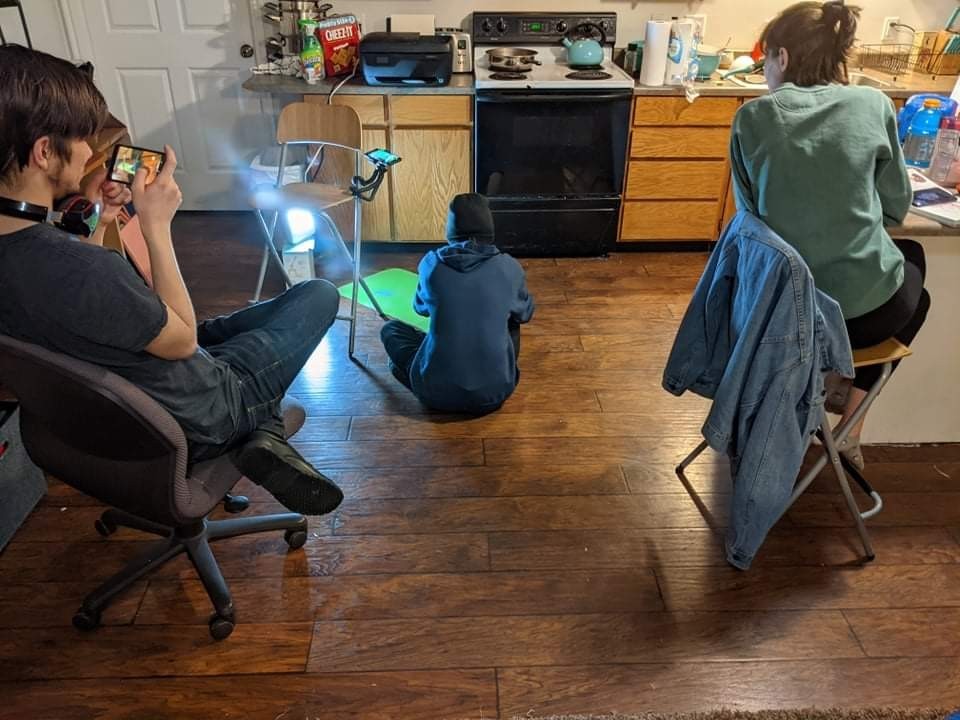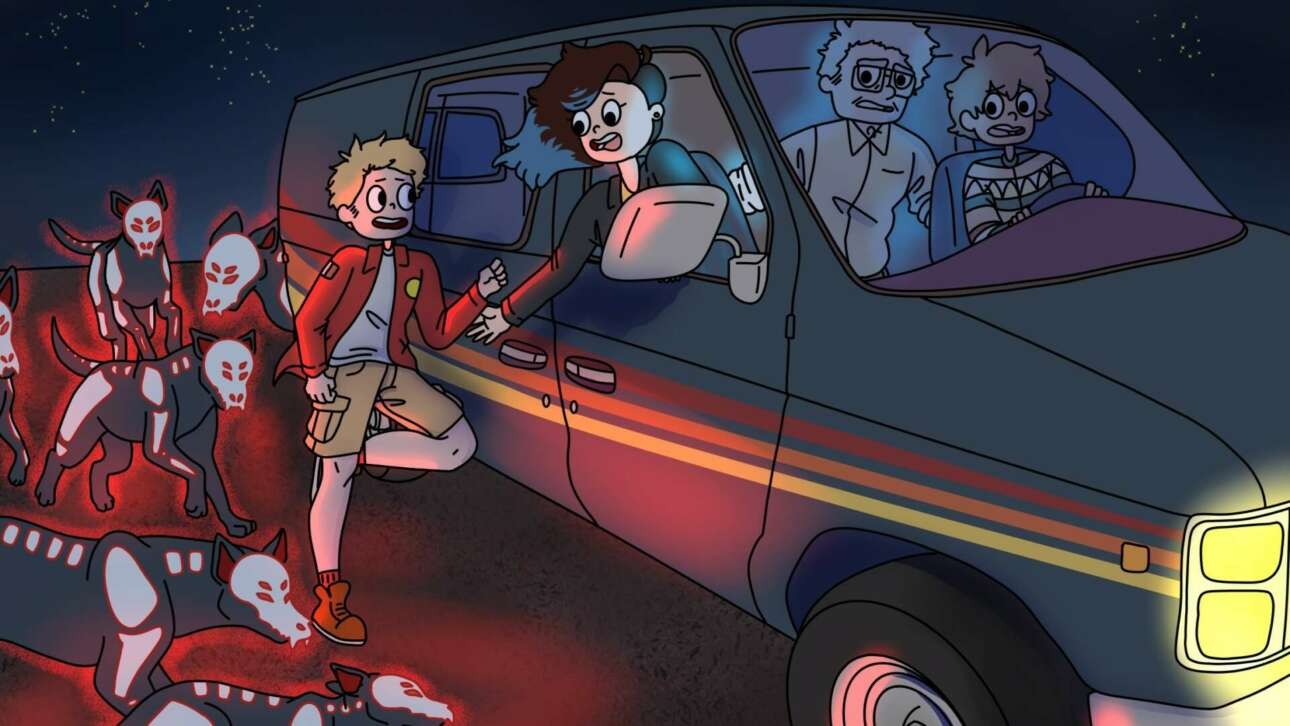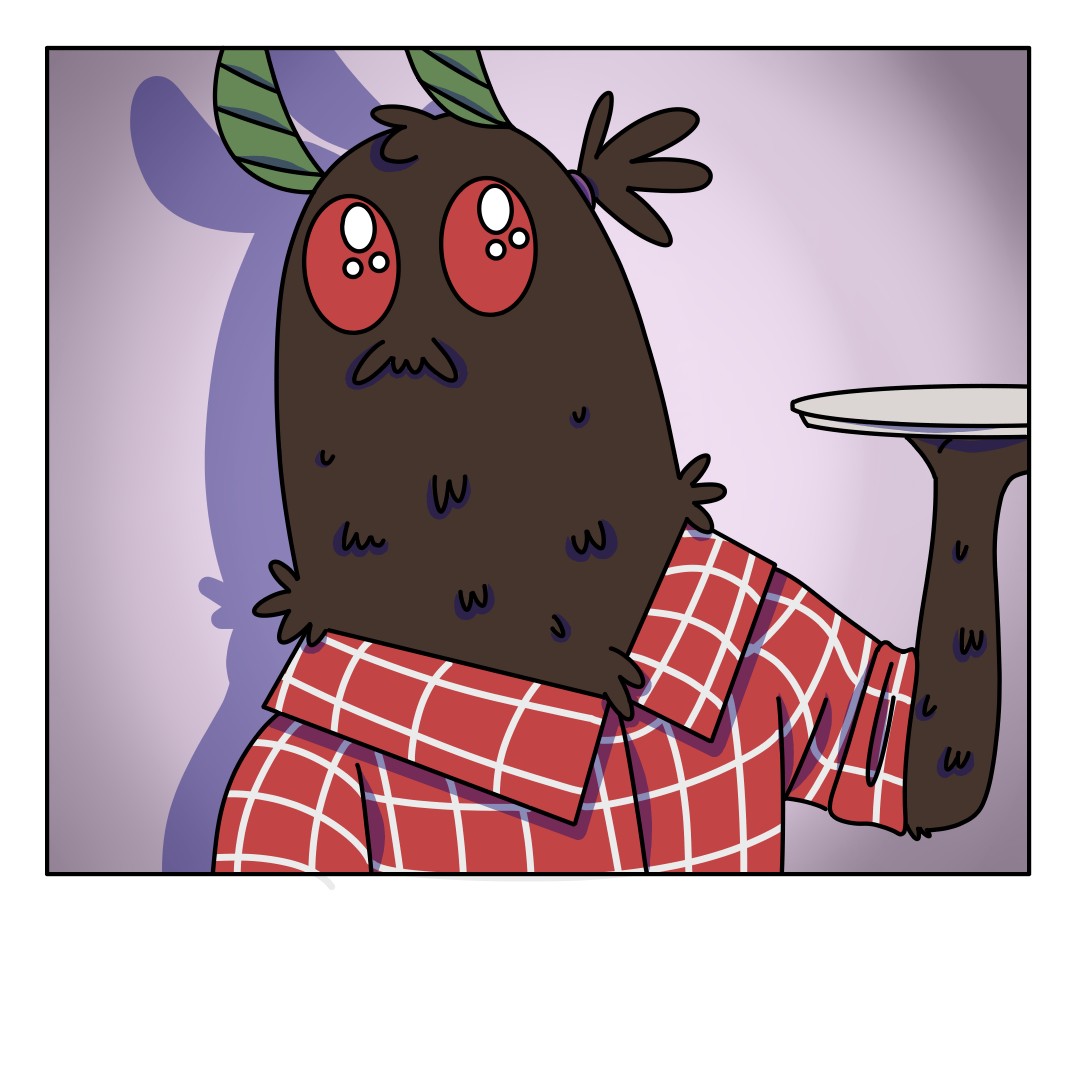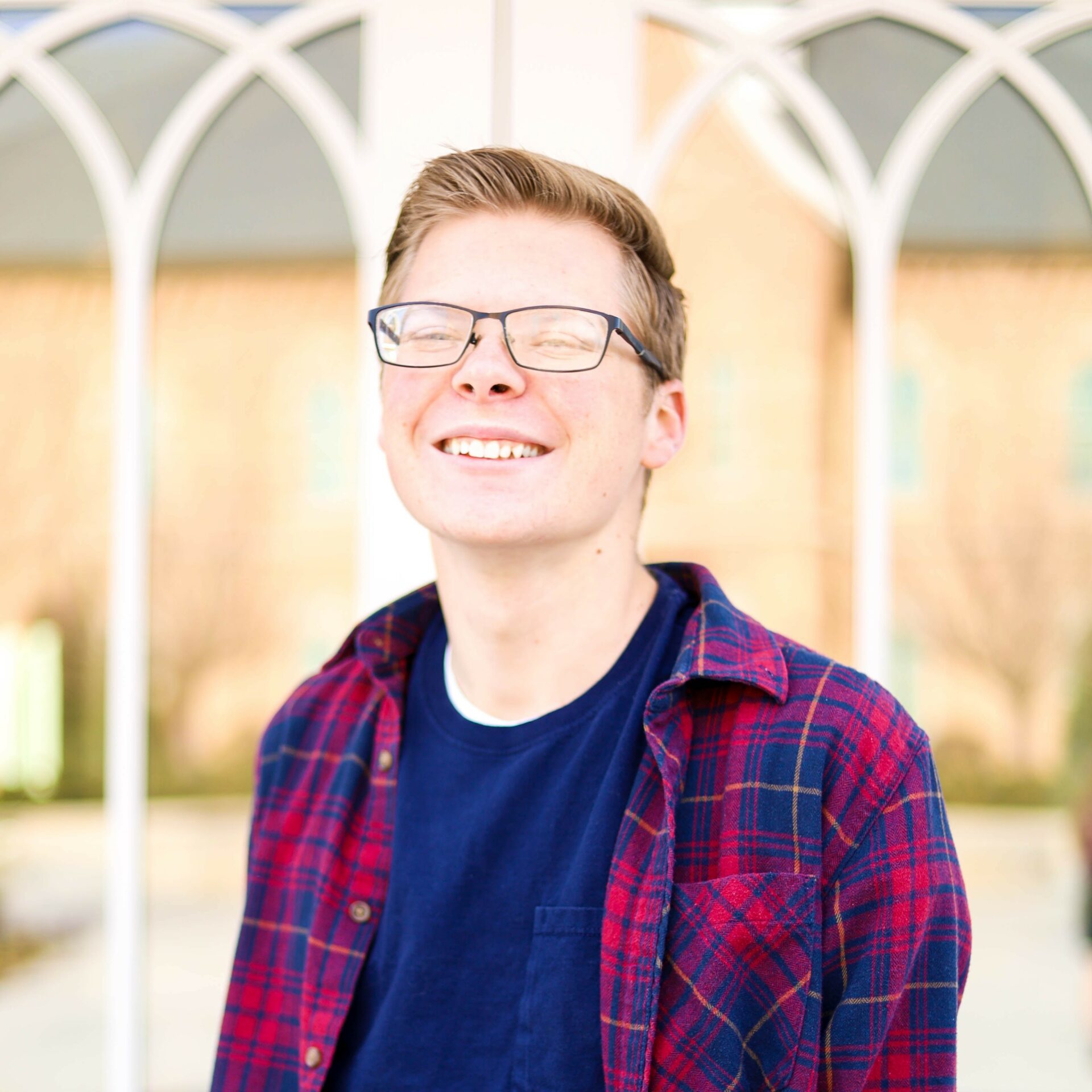We caught up with the brilliant and insightful Robert Gabbitas a few weeks ago and have shared our conversation below.
Robert, looking forward to learning from your journey. You’ve got an amazing story and before we dive into that, let’s start with an important building block. Where do you get your work ethic from?
I have always loved to work! I love the feeling of looking back over a job well done. The earliest task I remember really committing to was mowing the lawn when I was 13. When I tried and put in a lot of effort, I saw the backyard every day that week and could tangibly see the fruits of my labors so to speak. When I was sloppy and rushed, I saw a backyard that was unevenly cut and looked like a mess. Mowing the lawn taught me about the consequences of my work ethic. It can feel good in the moment to slack off and give a half effort, but that has consequences, and sometimes you have to stare those consequences in the face until you have an opportunity to fix it. I’ve taken that lesson to heart and always strive to give my full attention to a task or project, even if it means turning down opportunities to work on another project that I would love doing, because I always want my final result to be a reflection of the effort I put into it.
Great, so let’s take a few minutes and cover your story. What should folks know about you and what you do?
I’m Robert Gabbitas, but most folks call me Bob, despite the fact that I’m not exactly an elder statesman! A little while back, my friends and I launched Idiosyncrasy Media, a media production venture with a mission to unite people through fresh, inventive art that’s accessible to all.
I would say that my story starts when I was born. I’ve played the piano since I was three, so I’ve been immersed in the creative realm since day one. After high school, I realized my talents were limited to music and lawn care. Not wanting to commit myself to a lifetime of sunburn, I enrolled in college to study Commercial Music. Shortly after starting college, my buddy Jonah and I got this wild idea to create our own TV show, and now we’re fully committed to it.
I love what I do. I get to work with some of my best friends and I get to work to connect with other people.
At Idiosyncrasy, we firmly believe that storytelling should be heartfelt, as opposed to the countless quick-profit productions out there – and I think our TV Show, “Who Killed Mr. Jones?” is a reflection of that commitment. We aim to stand out, not only by telling new stories but by shining a spotlight on countless others doing the same and giving them the recognition and audience they deserve.
Looking back, what do you think were the three qualities, skills, or areas of knowledge that were most impactful in your journey? What advice do you have for folks who are early in their journey in terms of how they can best develop or improve on these?
First off, find a hobby and really commit to it. I don’t really care how good I am at piano, I only care that I’m getting better. I have songs that I love playing and that I will always love playing, but the songs I pull out daily to practice are the ones that challenge me. Challenge yourself to become better and you will find joy in what you do.
Secondly, learn how to take a break. No matter how much you love something, I promise that you can get sick of it – it’s only a matter of time. Your best work will come if you learn how to pace yourself. Waiting until the last minute to get something done is as damaging as trying to overwork yourself with the most minute of details. Rest is all about balance. Experiment with your capabilities. What works for you? What are your limits? Don’t be discouraged that you have limits – this is an opportunity to learn about yourself and reach out to others for help. Stepping back from hard work will allow your brain to reset and be energized when you start again.
Finally, there is never a reason not to be kind. We live in a world where it is easy to dehumanize the people we see on TV or order our coffee from because we only see one dimension of them. The truth is that everyone is a protagonist in their own story and they deserve to be treated like they matter. The biggest societal change will be when we stop dividing ourselves by where we came from or what we like, but by the brothers and sisters we all are to each other. That’s the world I want to live in and that’s the world I want to work towards.
Do you think it’s better to go all in on our strengths or to try to be more well-rounded by investing effort on improving areas you aren’t as strong in?
I used to live in Boston and I lived around a lot of people from Mexico and Guatemala who didn’t speak English. I learned Spanish in order to communicate with these people. My goal was to be able to have friendly conversations with them and eventually, I was occasionally having really deep discussions with the people I would talk with. Later, I became interested in learning other languages, and while I am still learning them, I am finding fulfillment in getting better.
I think learning a skill is a lot like learning a language. You can not attempt to learn three languages at once. I just won’t work. If you can’t develop one language to the point where you can have a conversation, then what’s the point of learning it? Everyone needs to have one language (skill) that is truly their strength, or else they won’t be able to function in society very well. When you have exceeded the average skill level, then maybe it might be time to branch out and learn something new. You’ll know you’re stretching yourself too thin when you’re unable to speak your first language as fluently as you once were able.
Contact Info:
- Website: www.idiosyncrasy-media.com
- Instagram: https://www.instagram.com/idiosyncrasy.media/
- Youtube: https://www.youtube.com/channel/UCn5Q7Z0AsvdCVJa7kWumz-A
- Other: https://bit.ly/m/whokilledmrjones




Image Credits
Idiosyncrasy Media




